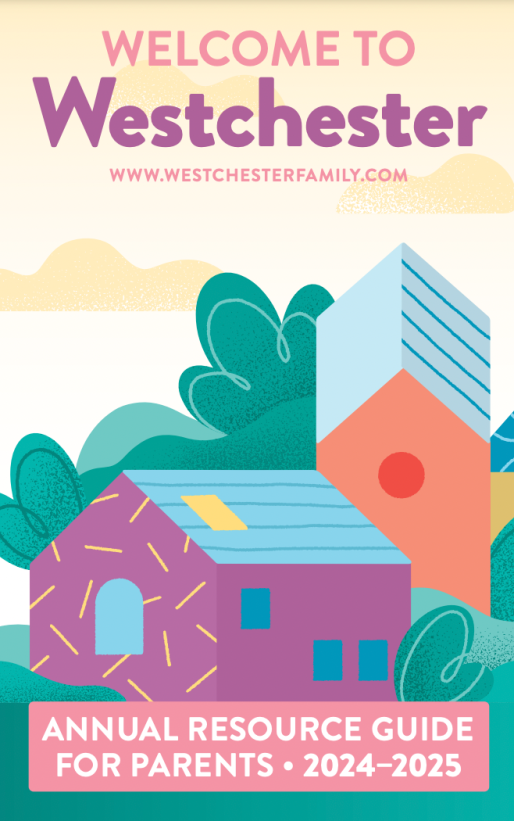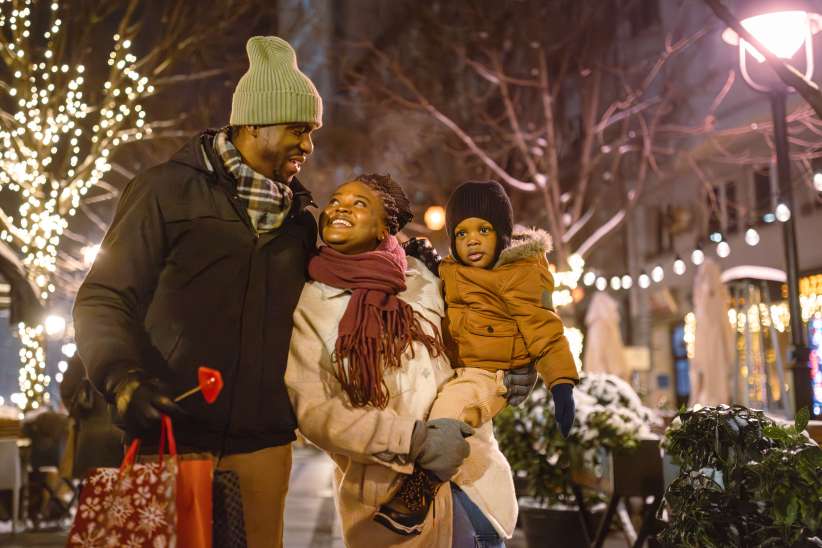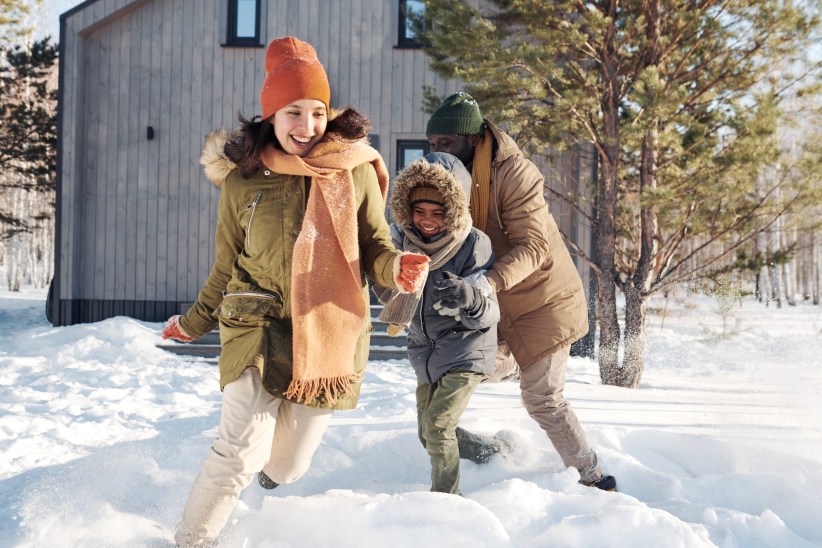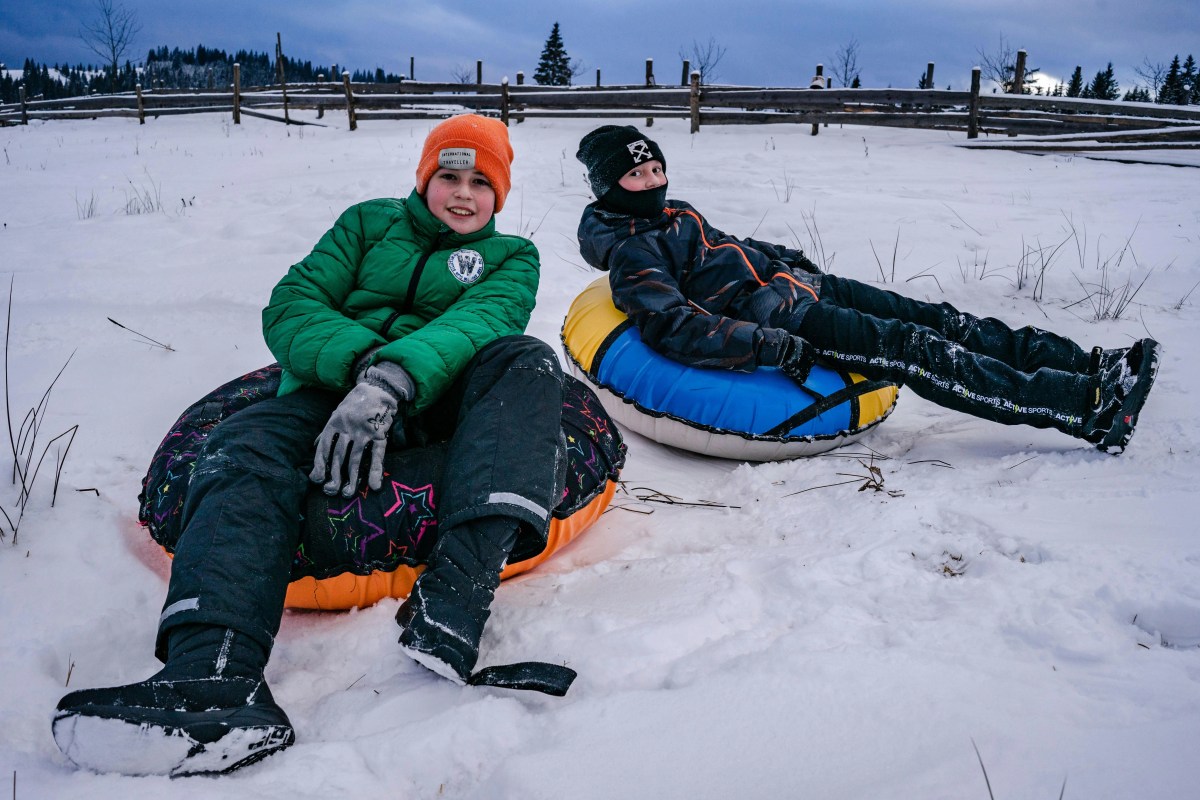Summer camps are popular around here, and they fill up fast. If you’ve got the time to pore over camp materials, contact camp directors or even arrange for an off-season tour, all the better when it comes to choosing the right program for your child.
Here’s our annual guide to the types of camp programs out there, questions to ask when trying to choose one for your child and new trends in camp program offerings.
What’s Out There?
- Traditional camps offer a wide range of activities, from athletics to crafts to confidence-building skills.
- Specialty camps meet a child’s particular interest, such as drama, music or sports.
- Travel camps take campers on hikes, bikes, horseback or canoe rides in parks or other outdoor sites, including abroad.
- Preschool camps are day programs for children ages 2.9 to 4-1/2.
- Special-needs camps are designed to meet the needs of children with physical, mental or learning disabilities. Some camps combine children with and without special needs for all or part of the day. Others focus on kids with a specific disability.
What’s New at Camp?
Summer camp isn’t just about campfires, swimming, arts & crafts and warding off mosquitoes anymore. Today’s camp programs are diverse, wide-reaching and groundbreaking.
- In fact, the American Camp Association (ACA) reports that while 88 percent of its accredited camps offer swimming (in lessons, recreational activities or both),
- 48% offer horseback riding,
- 22% have wilderness programs,
- 12% offer travel/tour programs (many are abroad),
- 57% feature teambuilding programs, and
- 21% are heavily involved in community service.
About 75 percent of camp directors report adding new activities and programs over the last few years, according to an ACA survey. The newest additions? Think “extreme” fun – high and low ropes courses, climbing walls, zip lines, backpacking, mountain biking and cave exploring. More than half of ACA-accredited camps offer a ropes-course activity and other adventure equipment or facilities.
More than half of ACA-accredited camps report having some kind of community service or “good deed” program. The most common are community clean-ups, food drives, recycling programs and volunteer work with senior citizens and hospital patients.
What to Ask About
When considering a particular camp for your child, ask for specifics on the:
- Background and experience of the director.
- Criteria for hiring staff – Average age, experience level, background checks.
- Ratio of staff to campers – Recommended ratios range from one staff member for every six campers ages 7 and 8 to one staff member for every 10 campers ages 9-14 and one for every 12 campers ages 15-17.
- The level of expertise of staff at a specialty camp (music, art, drama, etc.) – For example, a music camp should have professional music teachers instructing campers.
- The cost – What is the tuition? Are there other expenses? Is financial aid available? Will a trip outside the camp cost extra? Is there a refund policy?
- The condition and safety of facilities and equipment – Are there unprotected cliffs, swamps or dangerous water areas? Roped-off waterfront, equipment in good condition? Safety rules, Campsite security, etc.
- How medical care is handled.
- The camp philosophy – A clear statement of goals and a program that meets those goals.
- The variety of activities planned.
- The schedule and pace of a typical camp day.
- The age range of campers.
- The kind of food served.
Ask Day Camp Staff about:
- Camp hours (regular and extended-day).
- Transportation (availability, type of transport, driver experience).
- Whether lunch is provided.
Ask Overnight Camp Staff about:
- The director’s availability to campers,
- Supervision,
- How homesickness is handled, and
- Condition of living quarters (bathrooms, electricity in the cabins, etc.).
Did You Know?
Organized camps date back 150 years. Today, approximately 10 million children nationwide are involved in some kind of day or overnight camp.








